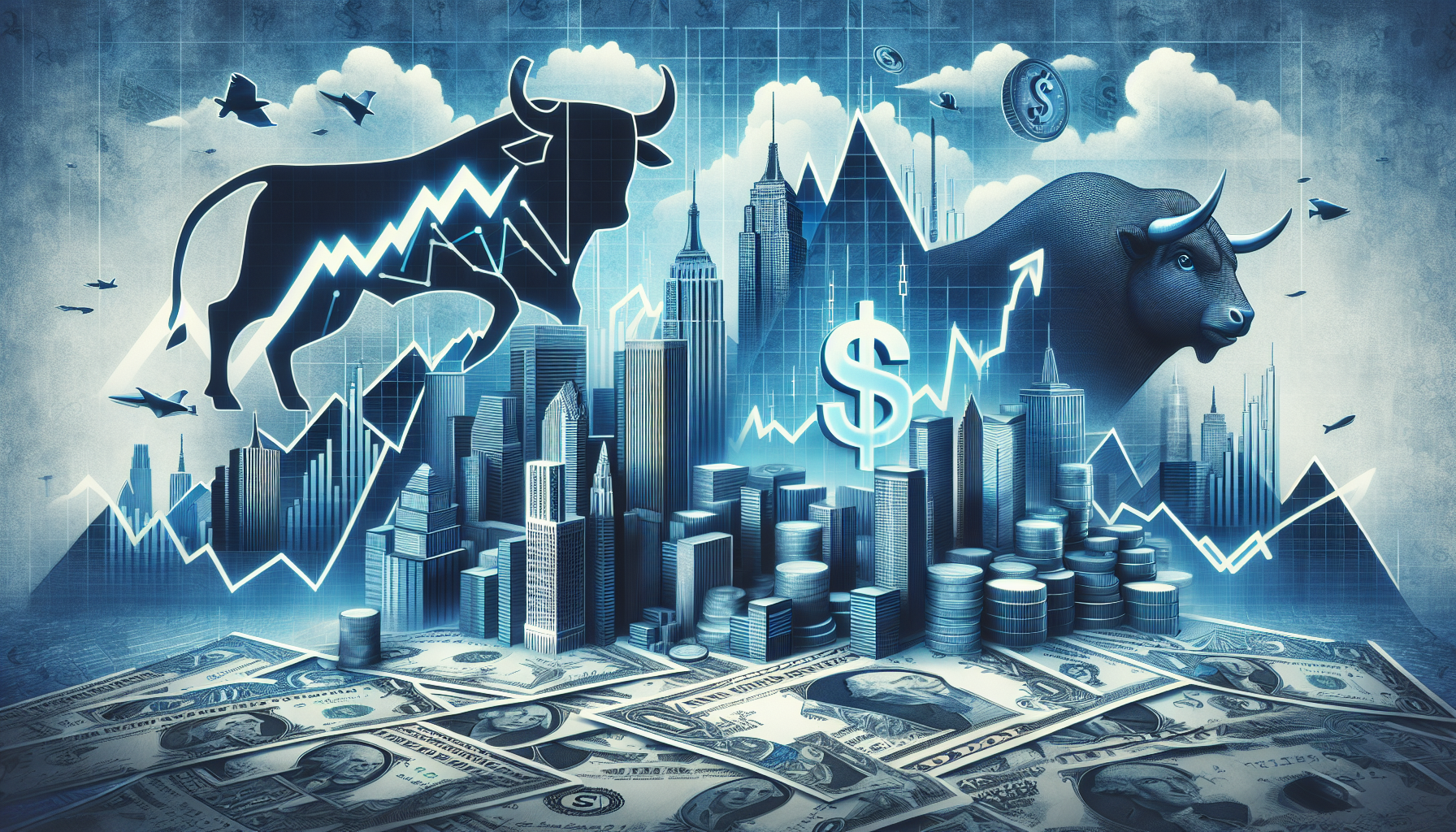
tl;dr
The content discusses the concept of decentralized finance (DeFi), its key innovations, challenges, and future prospects. It highlights how DeFi, built on blockchain technology, aims to democratize finance, offering financial services without traditional intermediaries. Key innovations such as smart...
DeFi (decentralized finance) has emerged as one of the most transformative trends in the financial sector. It's built on blockchain technology, offering a decentralized alternative to TradFi (traditional financial) services. From lending and borrowing to DEXs (decentralized exchanges) and yield farming, DeFi aims to democratize finance, making it more accessible, efficient and transparent. In this guest post, we'll explore what DeFi is, the key innovations driving its growth, the challenges it faces and what the future holds for the DeFi ecosystem.
DeFi refers to a set of financial services built on blockchain platforms, particularly Ethereum, which operate without the need for traditional intermediaries like banks, brokers or payment processors. These services are powered by smart contracts, which are self-executing contracts with the terms directly written into code and are accessible to anyone with an internet connection. DeFi includes applications such as lending and borrowing platforms, DEXs, stablecoins, and yield farming. Unlike traditional finance, DeFi platforms are open to everyone, eliminating the need for intermediaries, which reduces costs and increases access to financial services for millions of people worldwide.
Several key innovations are driving the growth of DeFi and are likely to define its future. Smart contracts are the backbone of DeFi. These contracts automatically execute, enforce or verify the terms of a contract when predefined conditions are met, removing the need for a trusted intermediary. Liquidity pools are essential to the functioning of decentralized exchanges. They allow users to collect their tokens into a pool and earn a share of the trading fees in return. DAOs (Decentralized autonomous organizations) are governance structures that enable the decentralized management of DeFi protocols. Stablecoins are cryptocurrencies that are pegged to a stable asset, such as the US Dollar, to maintain a stable value.
While DeFi has immense potential, it's not without its challenges. Security risks, regulatory uncertainty, and scalability issues are some key obstacles it faces. DeFi protocols are primarily driven by smart contracts, and vulnerabilities can still be exploited. Regulatory challenges arise as DeFi operates outside traditional financial institutions, facing cross-border regulatory uncertainties. Scalability remains a critical challenge that will need to be addressed for DeFi to achieve widespread adoption.
The future of DeFi is incredibly promising, with developments such as interoperability between blockchains, layer-two solutions, institutional participation, and improved security protocols likely to shape its evolution. Interoperability between blockchains is improving, allowing DeFi protocols to expand across multiple networks. Layer-two solutions are already helping to scale DeFi by providing faster and cheaper transactions while still relying on the security of the Ethereum network. Institutional participation is expected to bring a wave of new capital into the space, further accelerating growth. As the space continues to evolve, the potential for DeFi to democratize finance and create a more inclusive financial ecosystem is immense.